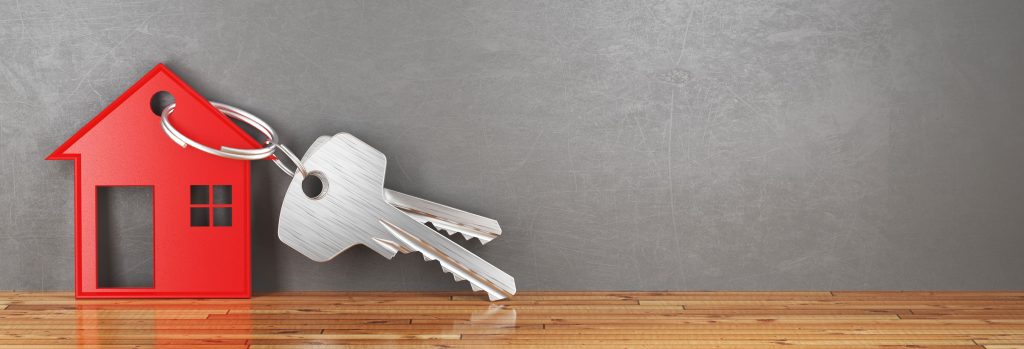Throughout the coronavirus pandemic, there were frequent changes made to the eviction process in landlord and tenant disputes. We’ve also seen changes to the requirements of the rented property in recent years, such as the requirements for an EPC, and the Gas Safety Requirements in 2018 to name a couple.
Following the Queen’s Speech in May this year, we were told more change was on the way.
Changes to s.21 Evictions
The new ‘Renters Reform Bill’ was introduced, with the main purpose being to abolish ‘no fault’ Section 21 Evictions.
At present, a section 21 notice requires a tenant to leave after two months’ notice because the initial term of the tenancy has come to an end. There does not need to be any other reason; although there usually is.
In 2019/2020, more than 22% of renters have seen their tenancy end by no fault of their own. This incurred an average of £1,400 in moving costs (figures used from the Queen’s Speech). By abolishing this form of notice the Government hopes that this will reduce the number of evictions which have increased significantly as we move away from the covid-19 eviction restrictions. This also creates greater security for renters by preventing having their tenancy ended for no reason. On the other hand, the changes will make it much more difficult for landlords to remove tenants once the tenancy (which is only supposed to be for a set period) has come to an end. It is also ironic that the Government is introducing ‘no fault’ divorces whilst at the same time planning to abolish ‘no fault’ evictions.
Grounds for Evictions
To give balance to the changes for landlords, the current possession grounds to recover a rented property for a specific reason are also facing an overhaul. The intention is to introduce new additional grounds.
The Bill looks to recognise the changing of circumstances to landlords. For example, if a landlord would like to sell the property, or move into the property themselves, the introduction of new mandatory grounds (which a tenant can’t oppose) in this regard will be implemented. There are also other proposed amendments to current grounds. This relates to rent arrears, reduction of notice periods, anti-social behaviour, and overall; ensuring the property can be regained efficiently when needed.
Changes to the Quality of Properties
By 2030, this Bill intends to halve the number of “non-decent” rented homes. Currently, around one million homes do not meet the Decent Homes Standard. This standard sets out the minimum requirements that rented properties must comply with. The Decent Homes Standard will become legally binding as part of this Bill. This will be the first time the private rented sector will have had this legally binding application.
Success in this area will see tenants benefitting from safer, better quality and better value homes. The abolition of the s.21 notice procedure will add greater security on top of this.
Other Changes
There will be a private landlord ombudsman introduced to resolve disputes without the need of court action. Also, a new property portal will assist both landlord and tenants understand their obligations.
These changes are not in force yet, but change is coming. Whilst no dates have been set, the plan is to implement this Bill in two stages:
- Six months’ notice of the first implementation date will be given; after which all new tenancies will be periodic and governed by the new rules.
- All existing tenancies will transition to the new system on a second implementation date. After this point, all tenants will be protected from Section 21 eviction.
There will be at least twelve months between the first and second dates, outlined within the policy paper for this Bill.
If you are a landlord or tenant who would like more information on this new Bill, please do contact our friendly legal team.
Contact Us
